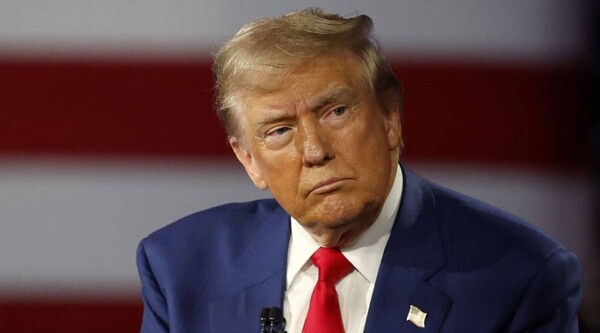
No messages have been received about the anticipated disruptions from 'the tyranny policy' implemented by President Donald Trump and his successor Jay Di Vance on the alliance between Atlantic partners on a long-term basis. European leaders appear before a serious crisis, more so, they can even be considered heroic, as they faced the deterioration of relations over the time of Trump's administration. Some of them are trying to highlight possible positive sides, such as the cessation of excessive dependence on the USA in matters of security.
For a long time, both the USA and European countries have benefited from the system of information exchange among themselves. Acting as a key to the world from China to the Middle East, the USA could see all directions. At the same time, Europeans were able to provide assistance to the USA in understanding the moving forces of the Kremlin in Eastern Europe. For instance, Great Britain participated in 'Five Eyes' - an alliance of intelligence services with the USA, Canada, Australia, and New Zealand, which took part in breaking codes and intercepting intelligence information since the end of the Cold War.
Trump made the exchange of intelligence information regarding arms, which he uses to suit his own agenda, disrupting these agreements with Ukraine, in order to provide assistance to its government. Western officials, not naming their names due to the sensitivity of their positions, describe their concerns, stating that the disruption of trust between the alliance and breaches in intelligence exchange between Europe and the USA could lead to a halt in information exchange.
In the NATO department, there are concerns that the ongoing deterioration of trust between the alliance will create difficulties in border protection operations of member states. A reduction in the level of valuable intelligence received, as well as complexities in monitoring and identifying targets make it easier for adversaries to form from abroad.
It is unclear what all this will lead to, and it seems that it is not very important for Trump and his Republican Party to maintain principled positions against Russia compared to other geopolitical (and domestic) priorities, such as trade tariffs and the prioritization of China in the development of new technologies.
In the meantime, the Trump team, especially his successor Jay Di Vance, has clearly expressed its opinion that the optimal route for peace for Ukraine is not traditional strength, but exploitative economic arrangements in its essence.
All this confirms that the United States will not strive to gather or even be able to acquire levels of intelligence information that they had since the end of the Cold War. If the allies find themselves in a position where they have less of that data, they will lose valuable information on potential enemy plans.














